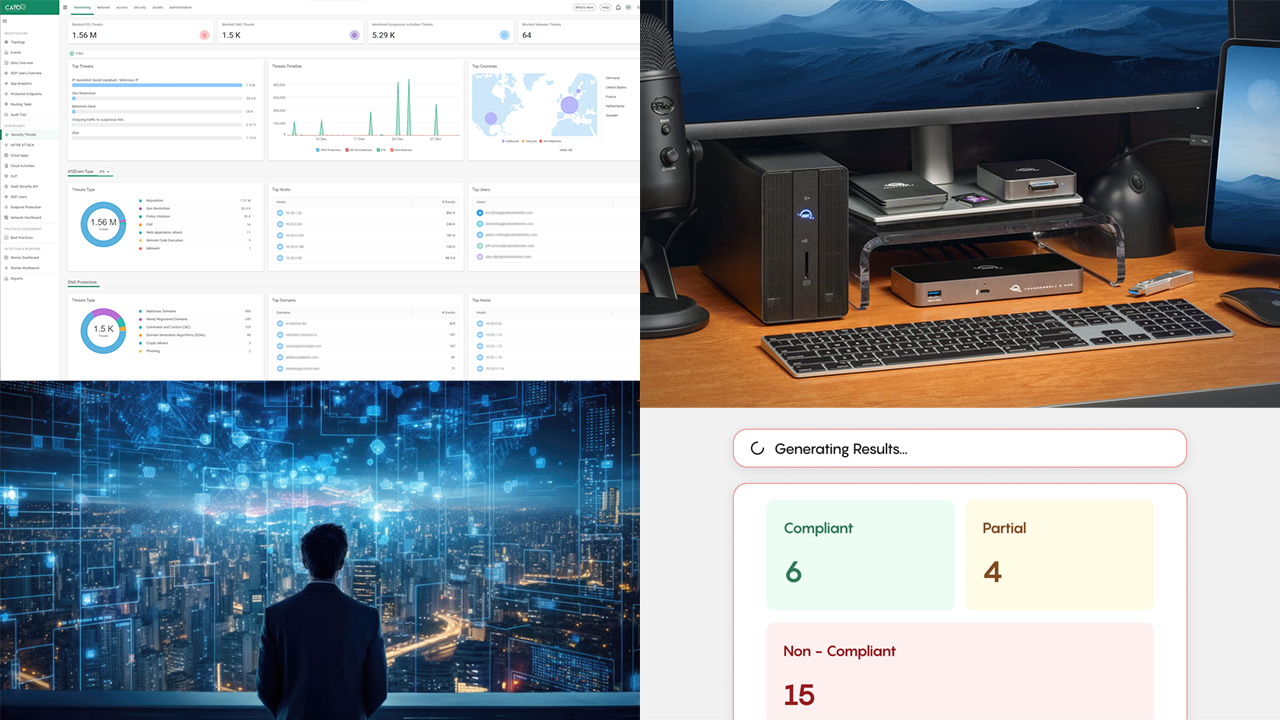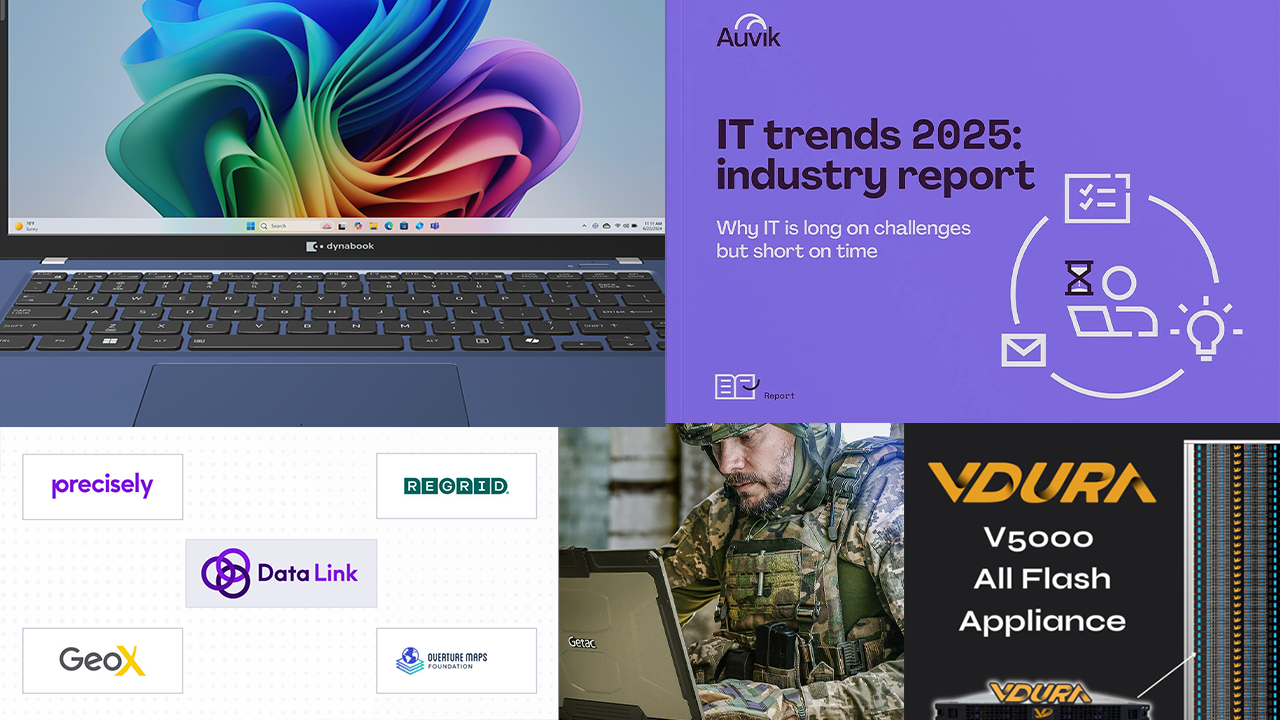ROBOTIC PROCESS AUTOMATION (RPA), one of the fastest growing areas in enterprise software technology, is moving downstream to SMBs and creating opportunity for channel pros to boost efficiency for customers as well as create their own intellectual property that is repeatable and scalable.
RPA tools allow you to build software scripts, or “”bots,”” to emulate high-volume, repeatable tasks normally carried out by humans on computers, such as processing transactions. These bots can also be used to trigger responses, manipulate data, or communicate between applications.
For example, consider a company with an older financial system that has 200 human agents updating multiple databases 30 times daily. According to Craig Le Clair, vice president and principal analyst at Forrester, and author of the 2019 book Invisible Robots in the Quiet of the Night: How AI and Automation Will Restructure the Workforce, that company can reduce expenses by automating. He explains that a channel partner or integrator can “”create a bot that may cost $30,000 to build and $10,000 for an annual RPA software license … and you can extract [i.e., return to the company] the equivalent of two or three FTEs [full-time equivalents/full-time employees] in the process.””
The economic benefits for companies of all sizes to automate manual, repetitive tasks have resulted in explosive growth among RPA software providers, led by UiPath, Blue Prism, and Automation Anywhere, according to Le Clair. In addition, the RPA services market—comprising partners building bots—will grow to $12 billion by 2023, according to a 2019 report from Forrester.
Opportunities for Channel Pros
Growth in RPA has been largely channel-driven, with some 80% to 90% of the revenues of the major RPA vendors generated by integration partners, Le Clair notes, creating lots of opportunities for channel partners working in the SMB market.
Those include partnering with the major platform makers and working as an external integrator in the bot-implementation process; hosting bots for your clients on their infrastructure or your own as part of a managed services offering; or, for those channel pros with deep knowledge of their clients’ businesses, helping create specialized RPA solutions.
“”RPA is the no-code/low-code environment that allows you to go in and connect all of the dots,”” says Jay McBain, principal analyst at Forrester. “”If I [were] a partner today, I’d start up an RPA practice.””
For instance, he explains, you may use RPA to “”connect the dots”” between SAP and Oracle applications for a midsize health clinic. “”Now you build that software and you make it repeatable. You can now go to sell it to every midsized clinic that has that same environment. The great thing about RPA is that you can codify your IP.””
Looking for Partners Like You
Best of all, the major players are all competing for partners, and have extensive training programs, says Le Clair.
“”Automation Anywhere is committed to working with all partners to raise awareness and educate businesses of any size on the benefits of intelligent automation,”” according to SVP and Chief Channel Officer Eddie O’Brien.
“”Our partner network and program are designed with various needs in mind, and we are constantly identifying and reaching out to potential partners,”” he says. “”We encourage interested channel pros to reach out to us as well.””
Image: iStock
















